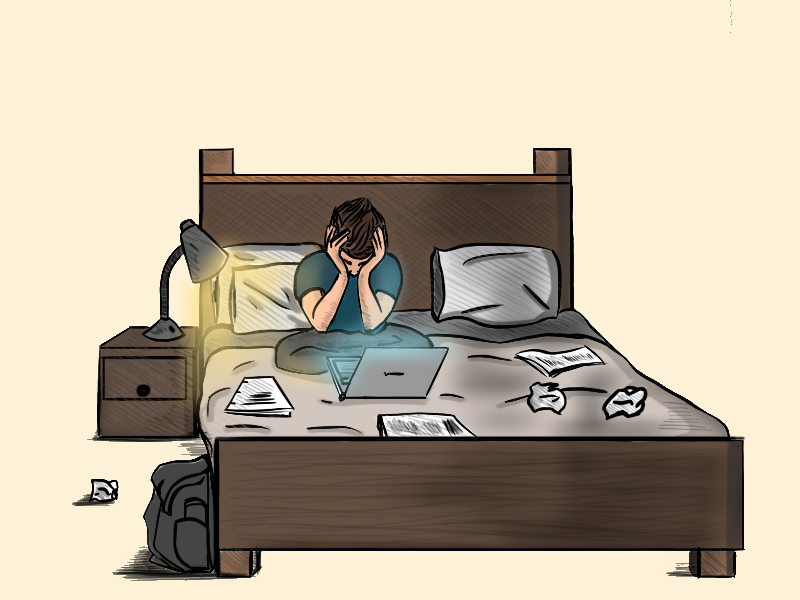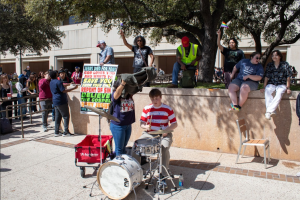You were emotionally invalidated too, huh?
April 12, 2021
I suffer from the inability to confront my anger. Sometimes, it reveals itself through an emotional outburst, but most times, I ignore it. I push it so far back in my head that it seeps through my veins and bleeds into the architecture of my brain. I beat myself up for letting people walk all over me, yet I can’t find the courage to confess those feelings to them. I turn away from conversations that make me emotionally uncomfortable.
I am afraid to ask for help for fear of making people upset. Whether it is a simple task at work or something I have never done, there is always a voice in my head screaming, “you’re an idiot if you can’t figure this out.” I feel that emptiness in the pit of my stomach; the words are sitting at the tip of my tongue, but it’s impossible. The question I ponder, of course, is why?
My parents have given me a beautiful life. They have taken care of me in a multitude of ways, and I will be eternally grateful for everything they have done for me. There was a disconnect, however, between our expression of emotions. They were each products of an older generation that confused vulnerability and shame with weakness and fragility. It was normal to suppress words that defined their emotions and feelings because the boundary of respect was threatened each time the words slipped out. Speaking out against those who raised you was followed by disciplinary actions, and the ability to ignore their issues became a form of power. Being stone cold is like holding those around you hostage, rendering them incapable of accepting any deviation from the norm.
Though no one was at fault for what society pushed, I grew up isolated because of my wild emotions and ever-changing feelings. Emotional immaturity and invalidation surrounded me, and I learned to ridicule myself for making small mistakes and being vulnerable.
In a home where circumstantially, everything was fine and dandy, it was hard to let myself feel upset about my emotions being responded to with, “Did you take your medicine? You are acting crazy,” or “Stop crying. I don’t know why you are so emotional.” It took years to convince my parents that expressing emotions is not a person being out of control.
As a child, I believed that adults (my parents) feel nothing, but in reality, they feel everything with no way of communicating that properly. I never want to put any blame on the people that have raised me, and I could never be mad at them—they represent the outcome of an emotionally wounded generation, and that was nothing they could control. They acted the way they felt was right at the moment, and as I’ve grown, it became easy to catch on to this viciously antiquated way of expressing emotions.
Our childhood is deeply connected to our emotional expression. As children, my parents were chastised for expressing themselves, and it aligns perfectly with their hesitancy to share their stories. They internalized emotional trauma that shouldn’t have been theirs to take on, and that was their normal.
Emotional maturity is hard to achieve, and I know that I have a lot of work to do. I am hopeful now more than ever about our generation learning to heal from emotional trauma. We find power in vulnerability and shame, giving us a sense of solidarity. We know that it is okay to feel every emotion in order to work through our issues. There is so much potential for growth here. Now, it is not an issue of when we will speak up, but how we will approach the change.






